I need help with…
Self-care for Mental Health
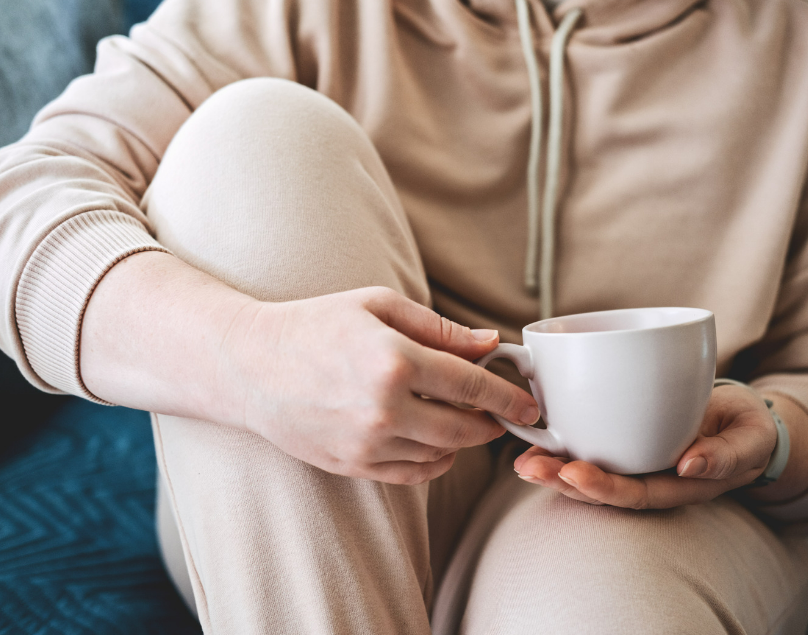
It’s OK to not be OK
Just like our physical fitness, we need to look after our mental health to feel good. When you’re not feeling OK, it’s OK to talk about it and ask for help. You are not alone.
Five ways to stay mentally healthy
- Connect with other people – spend time with your family and friends, don’t rely only on social media and messaging to keep in touch.
- Be active – do regular physical activity. You don’t have to spend hours in the gym, unless you want to. Find a physical activity you enjoy doing and make it part of your daily life.
- Keep learning – find something new to do and learn how to do it. Find something you enjoy that also challenges you.
- Be kind – find a way to help other people. This doesn’t have to be a really big thing and sometimes the small things can really make a difference. Take time to check in with a friend and ask them how they are, say thank you to someone who has helped you, get involved in volunteering in your local community.
- Pay attention – notice what is going on for you now, in the present moment. People often call this mindfulness. You can find out more about mindfulness further down this page.
Take a look at this video from Wakefield Council which shows you 5 ways to wellbeing:
If you want or need to improve your sleep, there is help and advice available. Take a look at the tips on the NHS Every Mind Matters website.
Your self-care checklist
What does self-care look like for you? Self-care is all about doing things that make you happy. Sometimes they can be things that take your mind off whatever is difficult you, or sometimes they can be ways to help you cope with your worries, such as talking about them to a friend.
Creating a self-care checklist is a good way to remind yourself of the things that help you to feel happy, safe or relaxed. Why not have a go at creating your own self-care checklist by writing down 10 things that make you feel good? Then next time you are feeling down you can pick one thing from your list to try. Some examples for your self-care checklist could include: watching your favourite television show, spending time with your pet, drawing, playing football, dancing, socialising with friends, reading a book or even meditating.
Write it down
Writing down your thoughts and feelings can be a helpful way to let them out and make sense of them. This is called journalling. Journalling can really help if you have something on your mind, or if you have strong feelings about something. Writing down what happened during the day can help your mind process everything and recognise your feelings.
Practising gratitude can remind you of what’s important and that there’s always something to be grateful for – even on a bad day. Grab a notebook and try writing about what happened today, or list five things you are grateful for. If you’re not sure what to write, keep it simple! Here are some small things you could be grateful for today:
- a meal you really enjoyed
- a text from a friend or family member that made you smile
- having a cuddle with your pet
- watching your favourite film or television show
- or even just being grateful for a break from work over the weekend.
Mindfulness
Mindfulness is about being fully in the present moment and noticing what you’re thinking and feeling, without judging or getting caught up in your thoughts and feelings.
It’s easy for your brain to get stuck in the past, thinking about something that happened to you, or worrying and planning for what might happen next. Mindfulness is the practice of training your attention to be in the here and now.
Mindfulness isn’t a type of relaxation, although it often makes people feel more relaxed. It helps us to manage difficult feelings, and to step away from unhelpful ways of thinking about ourselves and the world.
Take a look at these two videos. One is from the NHS Every Mind Matters website and focuses on what mindfulness actually is, and the other is from the mental health charity Headspace and looks at mini meditation.
Breathing techniques
Breathing exercises can help you to manage stress, anxiety and anger. Take some time to practice deep breathing and feeling present… If you feel like things are overwhelming, try a breathing technique to help you feel better:
- breathe in through your nose for five seconds
- hold your breath for a moment, then
- breathe slowly out through your mouth for five seconds.
Breathing techniques can help you relax and sleep. Give it a go next time you are feeling stressed. There are lots of breathing exercises and mediations on YouTube and apps you can download such as Calm and Headspace. Take a look and find something that works for you.
Organisations that can help:
- NottsHelpYourself has lots of information about different opportunities in Nottinghamshire
- Nottingham Community and Voluntary Service can help you if you would like to volunteer
- Nottingham Community and Voluntary Service also offer the Big Green Book of nature-based activities locally
- Do It can help you if you would like to volunteer
- Meet Up is a website where you can people with the same interests
- Notts Guided Walks offer group walks locally for people of different ability levels
- Nottingham College offer some short, part time courses for adults which are free for people with a low income or on most types of benefit: ‘Improving personal exercise, health and nutrition’, ‘understanding nutrition and health’, ‘principles of weight management’, ‘understand the principles of exercise and fitness’ and ‘art for wellbeing’ courses.
- U3A offers opportunities for people who aren’t in work anymore to come together and learn for fun
- Age UK
- Ask Lion
Self-help resources
Resources at your local library
Libraries across Nottingham and Nottinghamshire have a wealth of books and resources to help support your mental health. For example:
- Reading Well Collections: Reading Well helps you to understand and manage your health and wellbeing using recommended books available from your library. The books provide information and advice for people with various physical and mental health conditions, their family, friends and carers. Find out more about what is available at your local library by looking on the Reading Well pages on the Nottingham City Libraries website or the Inspire Nottinghamshire County Libraries website.
- Wellbeing Bags at Inspire Nottinghamshire County Libraries are small collections of books, items and activities which aim to encourage adult customers to practice self-care and promote good mental health. They are free to borrow with a library card.
- Health and Wellbeing Courses for adults from Inspire Learning.
- Places of Welcome: now at 20 libraries across the county, a network of community venues where anyone can go to find a friendly face for a cup of tea and a chat.
- Regular events in libraries: the perfect place to meet new people and relax in a friendly space. Free or low cost to attend and cover events for under-fives, children, and adults. Find a library event at your local Nottingham City Library or Inspire Nottinghamshire County Library.
Get Help Now!
Here are a list of services that can help. The icons below tell you the type of support available.
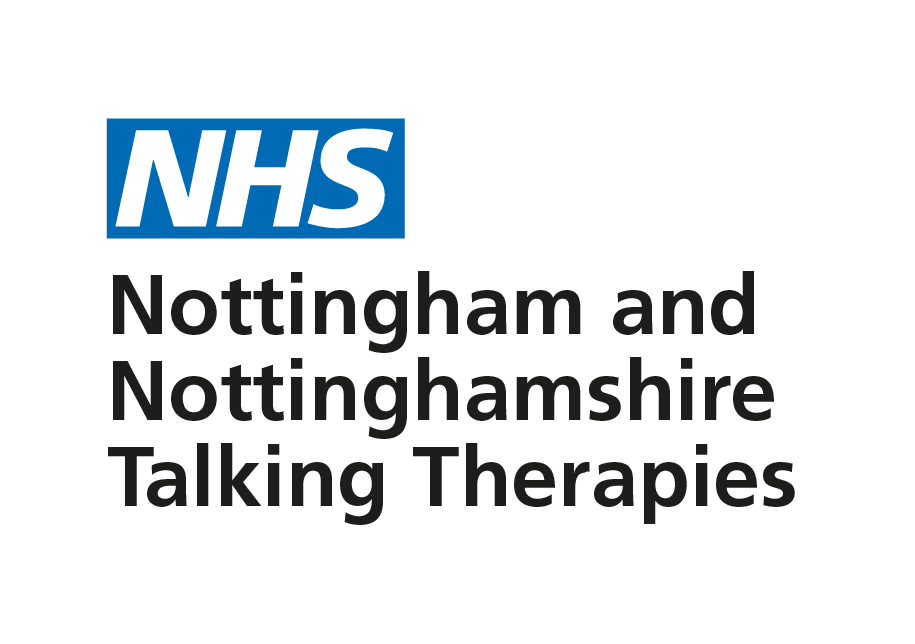
Nottingham and Nottinghamshire Talking Therapies

Base 51
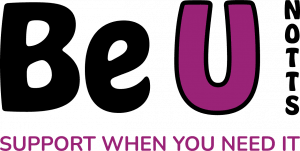
Be U Notts
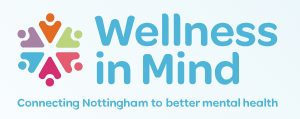
Wellness in Mind

Talkzone
Which services can I access?
Some of the services available operate only within city or the wider county area. Pop your postcode in below to quickly check which services are available to you
Related topics
-
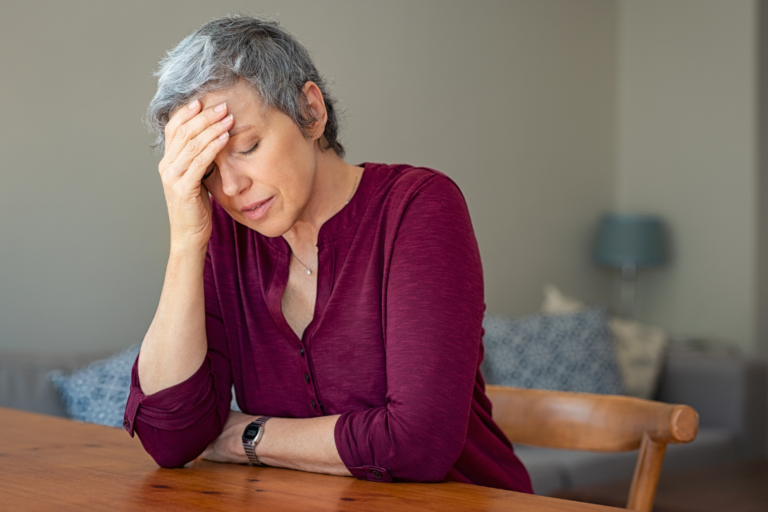
Stress
Life can be busy and confusing and sometimes things start to build up. Stress is your body’s reaction when you feel overwhelmed by problems or pressure and you are starting to find it hard to cope.
-
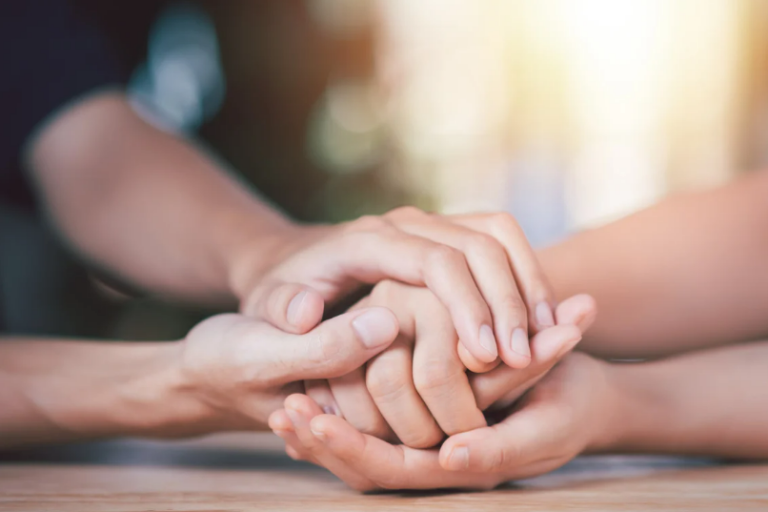
Depression or Low Mood
Everyone has ups and downs. Sometimes you might feel a bit down, for lots of different reasons.
-
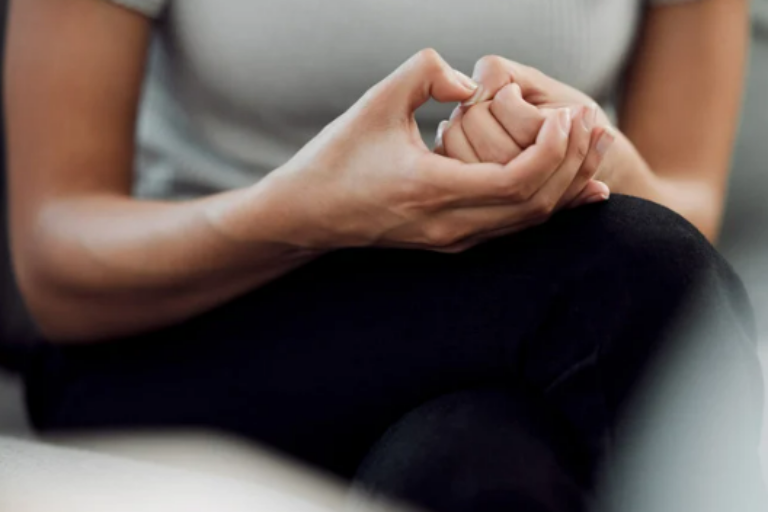
Anxiety
You might feel nervous, stressed, anxious or ‘on edge’ when you are getting ready to do something that is difficult for you.
-
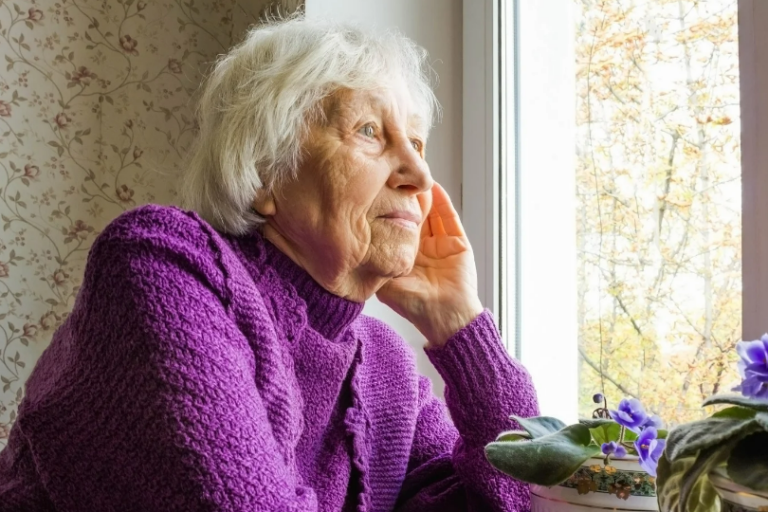
Loneliness and Social Isolation
Loneliness and social isolation can affect us all at some point in our lives. Being alone and feeling lonely are different things.